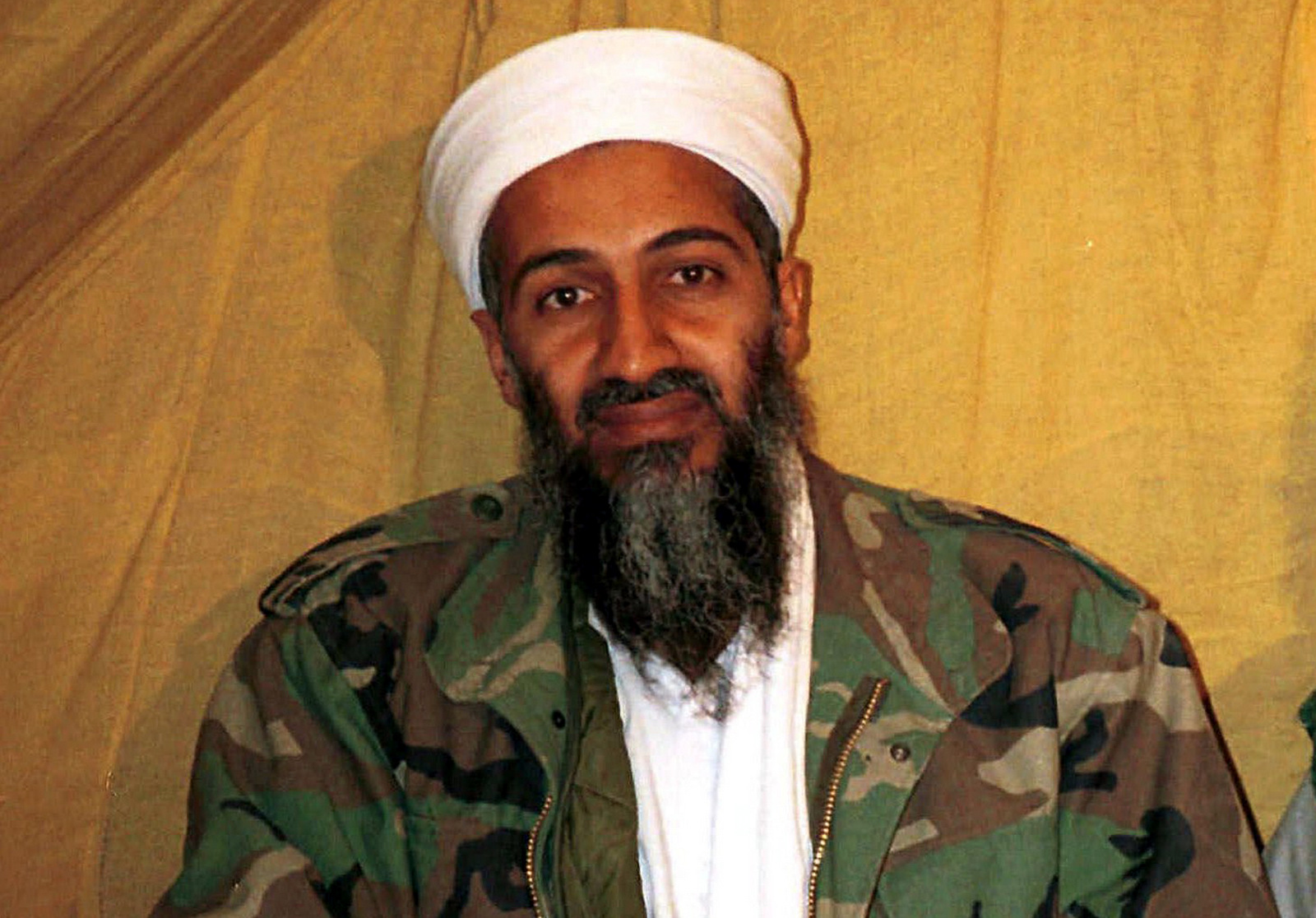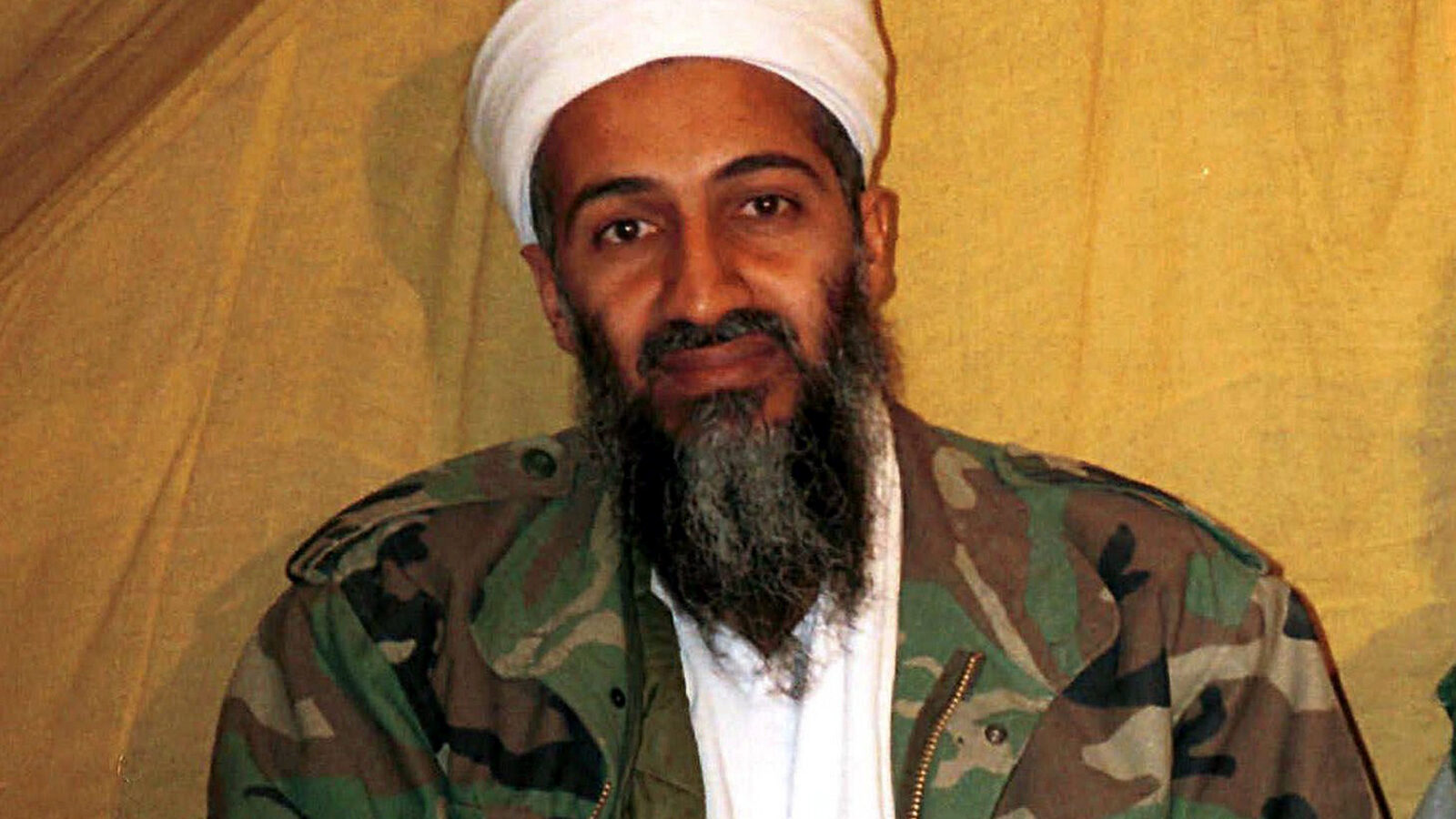
MINNEAPOLIS — Today, most know Osama bin Laden as the deceased founder of al-Qaida, the global terrorist network that brought down the World Trade Center. However, before he became America’s top nemesis, he helped fight on their behalf and probably received material support from the CIA.
Al-Qaida has its origins in a network of Muslim volunteers who fought the Soviet Union in Afghanistan. In addition to directly participating in this conflict, bin Laden recruited thousands to the cause from throughout the Middle East. It’s well known that these “mujahedeen” fighters received support from the U.S. government, and it’s likely bin Laden did, too. The BBC reported in 2004:
“During the anti-Soviet jihad Bin Laden and his fighters received American and Saudi funding. Some analysts believe Bin Laden himself had security training from the CIA.”
Al-Qaida operated out of Sudan in the early 1990s, before returning to Afghanistan and allying with the Taliban later that decade.
It was in Sudan that the British journalist and author Robert Fisk interviewed bin Laden in 1993. This was the first of three times that Fisk would interview the notoriously reclusive al-Qaida leader.
Writing for The Independent, Fisk caught up with bin Laden on the occasion of the opening of a new road linking remote villages to the Sudanese capital, Khartoum.
The headline identifies bin Laden as an “Anti-Soviet warrior” who was putting “his army on the road to peace.” In the article, Fisk reported that throngs of local villagers came out to praise bin Laden and the new road:
“Chadored children danced in front of him, preachers acknowledged his wisdom. ‘We have been waiting for this road through all the revolutions in Sudan,’ a sheikh said. ‘We waited until we had given up on everybody — and then Osama Bin Laden came along.’”
Readers today may be surprised at how bin Laden described himself in Fisk’s interview: “I am a construction engineer and an agriculturalist,” he said in response to accusations that he was building terrorist training camps in the country.
In the article bin Laden denies receiving U.S. assistance, something also rebutted by American officials. But many other reports suggest otherwise, and the United States does not deny aiding the mujahedeen in general.
Fisk called the road as an “ambitious” project, “a brand-new highway stretching all the way from Khartoum to Port Sudan, a distance of 1,200km (745 miles) on the old road, now shortened to 800km by the new Bin Laden route that will turn the coastal run from the capital into a mere day’s journey.”
To build the road, bin Laden employed the same equipment used during his conflict with the Russians — equipment which was likely supplied by U.S. foreign aid.
“Into a country that is despised by Saudi Arabia for its support of Saddam Hussein in the Gulf war almost as much as it is condemned by the United States, Mr Bin Laden has brought the very construction equipment that he used only five years ago to build the guerrilla trails of Afghanistan,” Fisk wrote.
Bin Laden is just one of many of the United States’ allies-turned foreign enemies. The CIA aided Saddam Hussein in his war crimes against Iran before turning on him in the Gulf War. And Manuel Noriega, former president of Panama, was a CIA asset until he objected to U.S. human rights violations in Nicaragua.
What Noam Chomsky wrote of Noriega in 1993 applies just as well to bin Laden’s transformation:
“A brutal tyrant crosses the line from admirable friend to ‘villain’ and ‘scum’ when he commits the crime of independence.”


